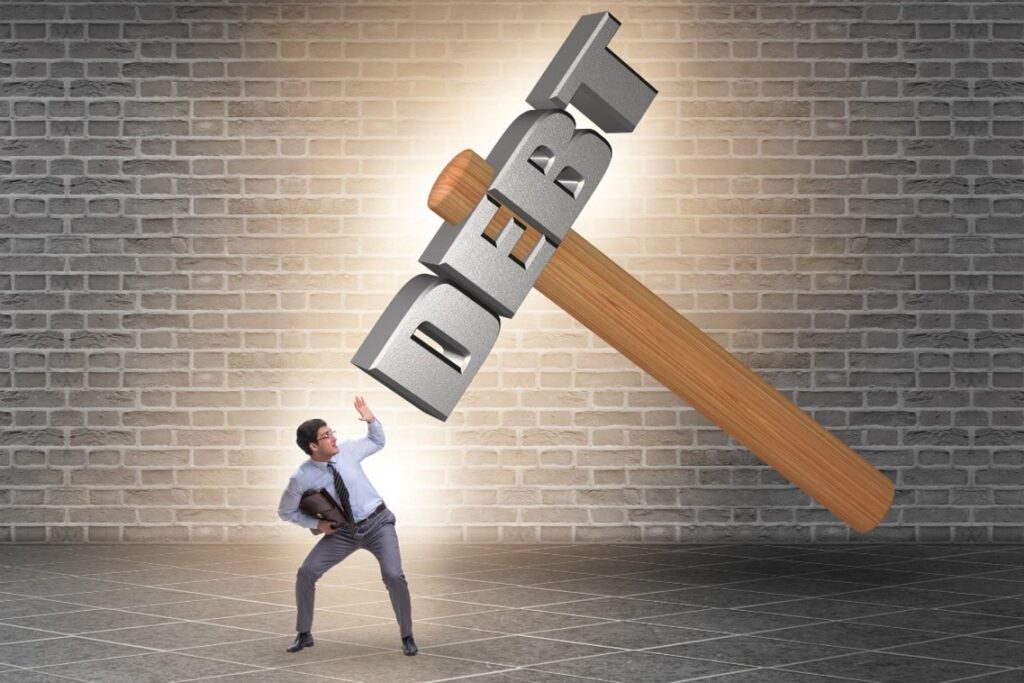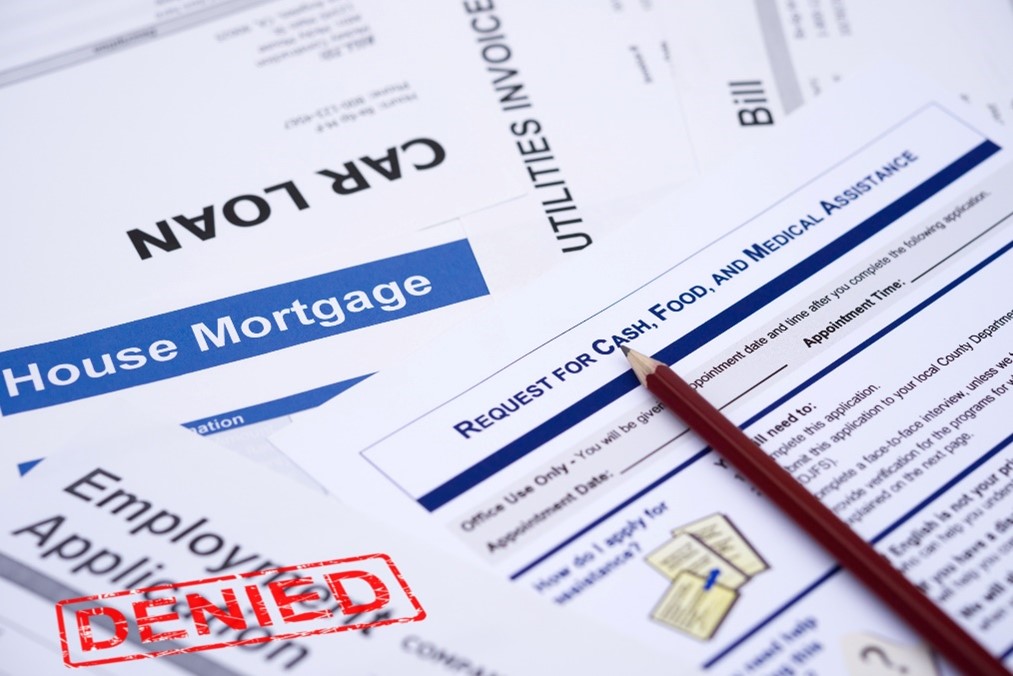
Many companies that have aging receivables are missing out on opportunities for growth. Businesses are going to be limited or completely unable to invest in essential equipment, develop new items, or expand sales when their assets are locked up in A/R that is generating poor returns. Past-due accounts can potentially add up and result in serious cash flow issues.
Canaccede Financial Group reviews how businesses can improve the efficiency of their receivable recovery process. Although there is no one-size-fits-all approach for maximizing debt collection, there are several pointers that can help.
Understanding Receivables
To optimize accounts receivable management, business owners must clearly establish what is outstanding and create a solid collection plan for recovering these debts. Having a clear view into aging receivables enables companies to focus their collection efforts and improve procedures by tightening operational standards, improving automation, or establishing meaningful KPIs.
Determine key performance indicators (KPIs) for internal employees, such as the number of past-due accounts, collection rates and amounts, and accounts assigned to outside collectors. Make expectations explicit, with concrete consequences if they are not reached.
Use Champion vs. Challenger Comparisons
To improve recovery performance from all parties involved in the effort, companies should examine their internal team’s tactics against external agency partners. Determine what’s working, and what is simply going through the motions. The more a company can tighten up its own A/R team policies, the less debt winds up aging and requiring external help.
Consider ROI
When it comes to collecting receivables, one important metric to consider is if the ROI (return on investment) lines up with the set budget. Consider asking the following questions to determine if a change is needed in collection efforts:
- Is it more cost effective to outsource all, or a portion of the portfolio?
- Which “buckets” of the aging seem to perform better in-house, vs. with a partner firm?
- Is it costing the business more money to recover these receivables?

Customer Support
All this analysis and comparison must take into account the influence on consumers. Are the accounts being called by both internal and external teams? Is the enforced payment plan too punitive?
Collection tactics that harm clients may also harm the business’ reputation. Be sure that the collection team is following fair debt collection practices.
Selling vs. Servicing
Debt collection is not just a business practice, but a skill. When selling debt to a receivables management company, it is sold at a lower cost, where the buyer takes on the obligation and risk of debt collection. This solution provides firms with an instant upfront payment as well as freeing up internal operations by managing debt recovery activities.
In Conclusion
By implementing effective collection management strategies, businesses can navigate the complexities of debt recovery with confidence and success. By taking a proactive approach, organizations can optimize internal processes, utilizing available resources for profit-making ventures.
Organizations can enhance their cash flow, reduce losses, and maintain strong customer relationships by implementing these changes. With the right collection management mindset, a business can transform its challenges into opportunities, creating more lucrative returns.













